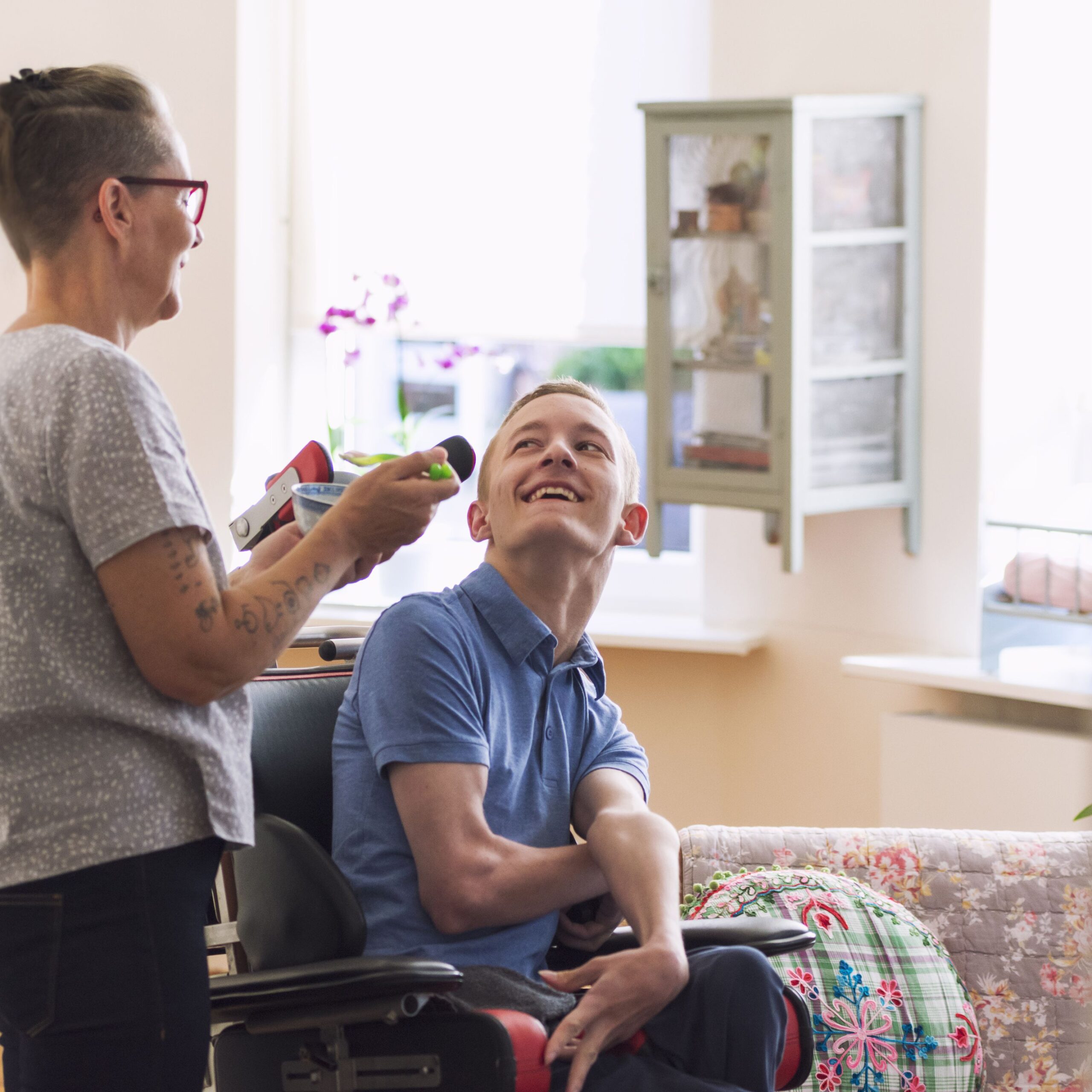First, let’s note what the requirements are. These have some variances depending upon the type of licensed home that employs you, however, all homes must have equipped staff:
General Rule from Large Group
Home Rule Manual:
R 400.15204 Direct care staff; qualifications and training.
Rule 204. (1) Direct care staff shall not be less than 18 years of age and shall be able to complete required reports
and follow written and oral instructions that are related to the care and supervision of residents.
(2) Direct care staff shall possess all the following qualifications:
(a) Be suitable to meet the physical, emotional, intellectual, and social needs of each resident.
(b) Be capable of appropriately handling emergency situations.
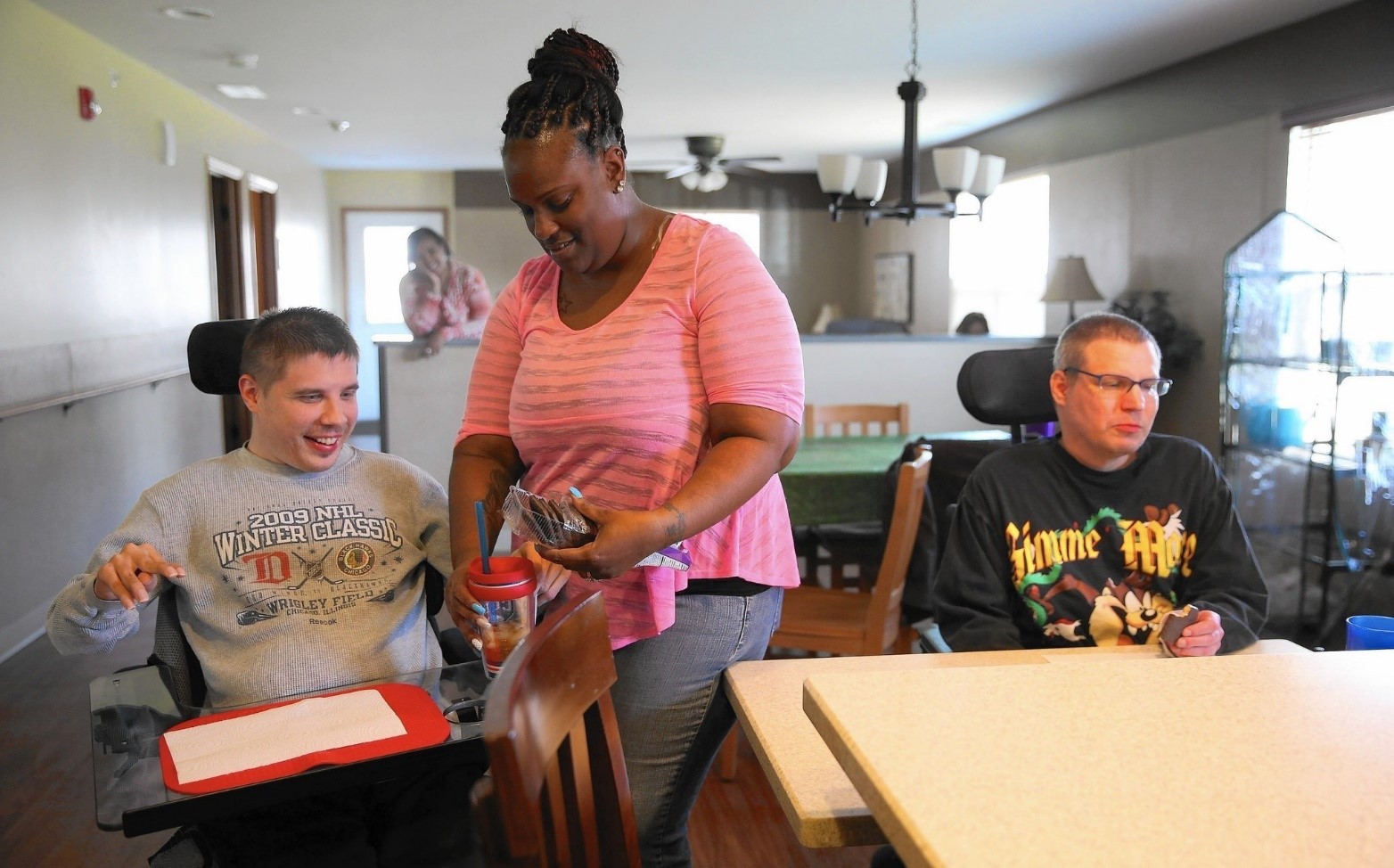
(3) A licensee or administrator shall provide in-service training or make training available through other sourcesto direct care staff. Direct care staff shall be competent before performing assigned tasks, which shall include beingcompetent in all the following areas:
(a) Reporting requirements.
(b) First aid.
(c) Cardiopulmonary resuscitation.
(d) Personal care, supervision, and protection.
(e) Resident rights.
(f) Safety and ®re prevention.
(g) Prevention and containment of communicable diseases
History: 1994 MR 3, Eff. May 24, 1994
Rule applicable for specialized settings:
R 330.1806Staffing levels and qualifications. Rule 1806. (1) Staffing levels shall be sufficient to implement the individual plans of service and plans of service shall be implemented for individuals residing in the facility. (2) All staff who work independently and staff who function as lead workers with clients shall have successfully completed a course of training which imparts basic concepts required in providing specialized dependent care and which measures staff comprehension and competencies to deliver each client’s individual plan of service as written.
Basic training shall address all the following areas:
(a) An introduction to community residential services and the role of direct care staff.
(b) An introduction to the special needs of clients who have developmental disabilities or have been diagnosed as having a mental illness. Training shall be specific to the needs of clients to be served by the home.
(c) Basic interventions for maintaining and caring for a client’s health, for example, personal hygiene, infection control, food preparation, nutrition, and special diets, and recognizing signs of illness.
(d) Basic first aid and cardiopulmonary resuscitation.
(e) Proper precautions and procedures for administering prescriptive and nonprescriptive medications. (f) Preventing, preparing for, and responding to, environmental emergencies, for example, power failures, fires, and tornados.
(g) Protecting and respecting the rights of clients, including providing client orientation with respect to the written policies and procedures of the licensed facility.
(h) Non-aversive techniques for the prevention and treatment of challenging behavior of clients.
Our training covers all requirements and more and is available by annual subscription. This means an employer pays an annual licensing fee, also called a subscription, and can train up to 20 people. More license slots are available with special subscriptions.
Questions?? Please email us: onlinelearning@directcaretraining.com
Dear Student, Program Owner, and/or Community Mental Health Authority Representative:
All of us know that direct care staff are on the frontline of care delivery. As a result, they deserve and need to be as equipped as possible. Proper training accomplishes that. It starts here: www.directcareworkertraining.com. Subscriptions are renewed here: www.renewmydcwtrng.com.
Direct Care Training & Resource Center, Inc. refused to accept the State of Michigan’s decision not to develop new training after the publication: Providing Residential Services in Community Settings was distributed 30 years ago. We used this publication as the basis for our training in 2005 with approved updates and even then, we knew more was required.

Dual diagnosis scenarios were all over the place and homes were serving multiple populations under one owner. In some instances, an owner managed a specialized home serving the mentally ill and next door a home that served the elderly with medically fragile residents. We knew rather quickly we needed an adaptable approach that would speak to not only the needs of those with mental illness and intellectual disorders but also home management, sanitation standards, working with dementia, managing hypoxia and more. (www.directcareworkertraining.com)
Our product has now been used by over 1,900 direct care workers in Michigan with zero dissatisfaction. The following pages provide a look at Lesson titles and intermingles images used in various Lessons that complement the printed page. Numerous videos are also used to keep the training lively and meaningful.
For specialized homes, before purchasing note that a CMH may require you take certain training through them or their designated provider. Check with them and/or your Compliance Tool.** 1-2014.
For a live product demo please send an email to: onlinelearning@directcaretraining.com.
Thank you for allowing our family to serve your family in care.
Dr. Rita Richardson, Ph.D.
Chief of Content Development

Chapter 1: Introduction to Community Settings
Working with People 1-3 – The Philosophy and Role of Residential Services
Lesson 1-A: The Philosophy and Role of Residential Services
Lesson 1-A-1: The Philosophy and Role of Residential Services (continued)
Lesson 1-B: How Values, Attitudes & Beliefs Influence Services
Lesson 1-C: Model I: The Sickness Model
Lesson 1-D: Model II: The Developmental Model
Lesson 1-E: Flexibility, Choices, and Change
Lesson 1-F: What Are Mental Disorders & Developmental Disabilities?
Lesson 1-G: The I-Team & The Plan Of Service
Lesson 1-H: Active Treatment
Lesson 1-I: Documentation
Lesson 1-J: Providing A Climate for Growth – Welcoming and Customer Service
Lesson 1-K: Personal Care, Supervision and Protection
Lesson 1-L: Serving the Medically Fragile – Part 1 – General Information
Lesson 1-M: Serving the Medically Fragile – Part 2 – Trach Patients
Lesson 1-N: Serving the Medically Fragile – Part 3 – Pulmonary Conditions
Lesson 1-O: Serving the Medically Fragile – Part 4 – Diabetics
Lesson 1-P: Chapter Review
Chapter 2: The Daily Dynamics of Community Residential Settings
Today’s Approach to Care for the Mentally and Developmentally Challenged – Basic Interventions for Addressing a Resident’s Health Concerns
Lesson 2-A: Life in the House: A Specialized Approach
Lesson 2-B: Basic Interventions for Addressing a Resident’s Health Concerns
Lesson 2-C: Limited English Proficiency
Lesson 2-D: HIPAA Provisions
Lesson 2-E: Corporate Compliance
Lesson 2-F: Handling False Claims
Lesson 2-G: Critical Thinking and Creative Problem Solving: Defined and Advantages
Lesson 2-I: Review – A Look at What We Have Discussed

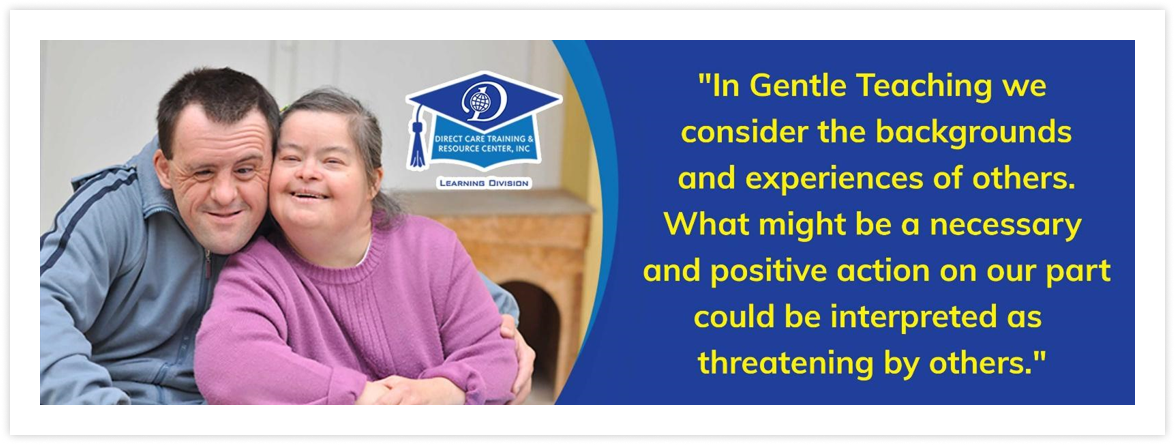
Chapter 3: Expectations, Stereotypes, Physical Protocol, and Integration
And Why These Three Matter So Much in the Specialized Environment
Lesson 3-A: The Power of Your Mind and Thinking Patterns
Lesson 3-B: What is Mental Health?
Lesson 3-C: The Mentally Healthy
Lesson 3-D: Defining Mental Health Services Including Defining a Recipient
Lesson 3-E: Documentation
Lesson 3-F: Providing a Climate for Growth
Lesson 3-G: The Ethics of Touch
Lesson 3-H: How Critical Thinking and Creative Problem Solving Can Be Applied
Lesson 3-I: Review – A Look at What We Have Discussed
Chapter 4: Resident Protection: Abuse and Neglect and Abuse Reporting
Note: Specialized Homes Employees May Have to Also Take This Through Your County Mental Health Authority
Lesson 4-A: Recognizing and Responding to Reports of Abuse and Neglect – Introduction
Lesson 4-B: Reasons Abuse Often Occurs
Lesson 4-C: Types & Definitions of Abuse
Lesson 4-D: Prohibited Practices in the Adult Foster Care Environment
Lesson 4-E: ***REVIEW QUESTIONS – Resident Protection Abuse and Neglect ***
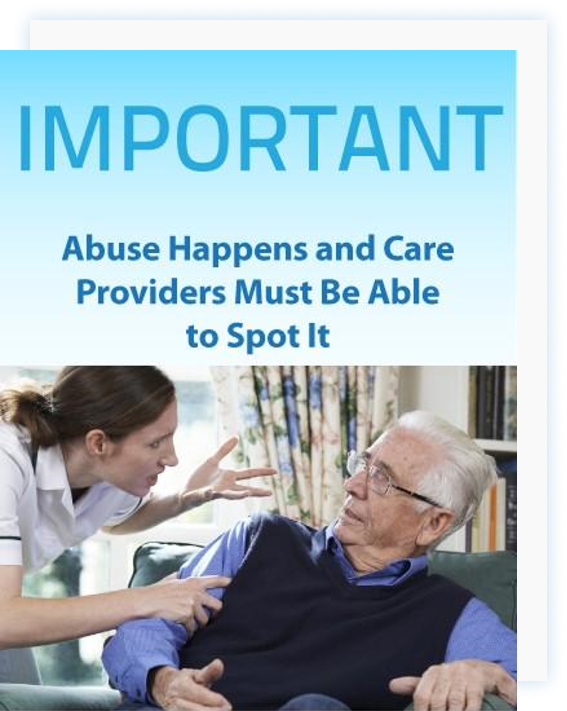
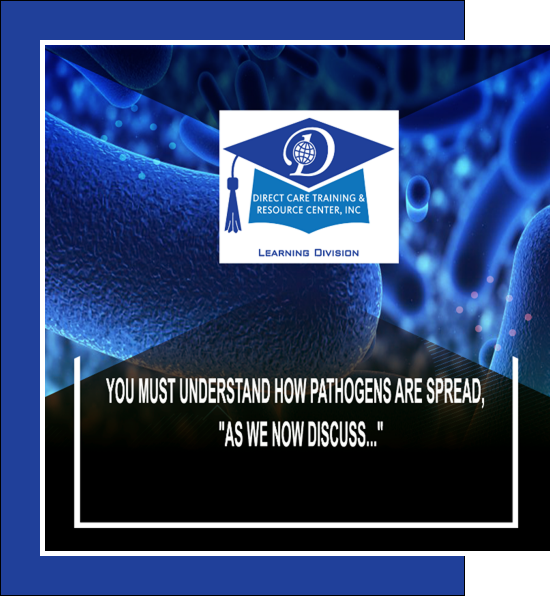
Chapter 5: Prevention & Containment of Communicable Disease: Disease Prevention: Infection Control
What You Should Learn from this Lesson:**
- What is effective infection control policy?
- What is the real purpose of effective infection control policy?
- What percentage of hospital patients tend to contract infections?
- What Role do Immunizations play?
** Students enter what they believe satisfies the question – exact wording from the curriculum not needed.
Lesson 5-A: Definition
Lesson 5-B: Purpose
Lesson 5-C: Infection Control in Hospitals
Lesson 5-D: Threat of Emerging Infectious Diseases
Lesson 5-E: Problems of Antibiotic Resistance
Lesson 5-F: Bioterrorism
Lesson 5-G: Description
Lesson 5-H: Key Terms
Lesson 5-I: Reminder and COVID-19 Update (2020)
Lesson 5-J: ***REVIEW QUESTIONS*** Disease Prevention: Infection Control
Chapter 6: Documentation Integrity: Reporting Requirements in Adult Foster Care
What you should Learn from this Lesson:
- How can my properly completed documentation protect my employer and myself?
- How do thoroughness and accuracy combine to make my documentation impressive and valuable?
- What defines integrity in my documentation?
Lesson 6-A: Being Thorough & Accurate
Lesson 6-B: Integrity of Documentation and Critical Incident Reporting
Lesson 6-C: Key Ingredients to Ensure the Integrity of Documentation in Areas of Care
Lesson 6-D: Key Ingredients to Ensure Integrity of Documentation in Business Operation
Lesson 6-E: Complete Rule Review for In-Home Reporting – Michigan
Lesson 6-F: Office of Child & Adult Licensing Field Offices
Lesson 6-G: ***REVIEW QUESTIONS*** Documentation Integrity


Chapter 7: Recipient/Resident Rights Training
Taken from the Approved Curriculum: Providing Residential Services in Community Settings.
Note: Specialized Home’s Employees May Have to Also Take This Through Your County Mental Health Authority. For questions, email: onlinelearning@directcaretraining.com.
Lesson 7-A: The Legal Basis of Rights
Lesson 7-B: 5 Main and Very Specific Rights
Lesson 7-C: Other Rights Mental Health Participants Are Entitled To…
Lesson 7-D: Confidentiality – An Introduction
Lesson 7-E: Appropriate Times to Disclose
Lesson 7-F: Abuse and Neglect
Lesson 7-G: Investigating Rights Allegations
Lesson 7-H: Rights and Responsibilities
Lesson 7-I: Review – A Look at What We Have Discussed
Chapter 8: Environmental Emergencies: Preventing, Preparing and Responding: Managing Fire Safety, Extreme Weather, Utility Outage, Gas Leaks and Explosions
Embracing the Value of Preparedness
Lesson 8-A: 3 Key Elements
Lesson 8-B: 3 Be Prepared for Emergencies
Lesson 8-C: 3 Your Role as a Teacher
Lesson 8-D: 3 Severe Weather
Lesson 8-E: 3 Safe Driving Techniques
Lesson 8-F: 3 Emergencies in the Home
Lesson 8-G: 3 Fire Safety and Training
Lesson 8-H: 3 Preparing for Fire Emergencies
Lesson 8-I: 3 Resources
Lesson 8-J: Review – A Look at What We Have Discussed
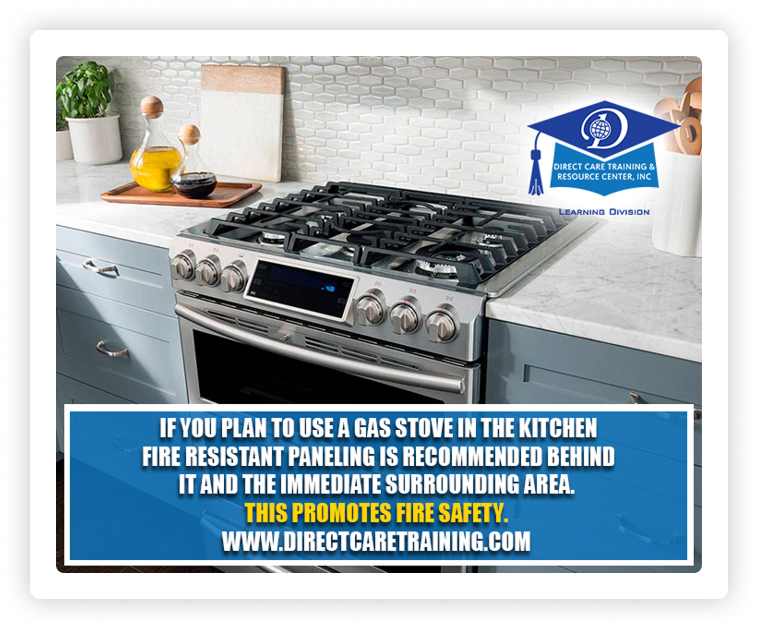

Chapter 9: Appreciating the Differences in Others - Culture & Diversity
Working with People Lesson – What you should expect to Learn:
- Why appreciating others is a key to direct care worker success
- How we can change our view of the world to get more success in direct care
Lesson 9-A: 3 Culture & Diversity: The Reality of Our World
Lesson 9-B: Helpful Items to Help You Get Along With & Appreciate the Differences in Others
Lesson 9-C: ***REVIEW QUESTIONS*** Appreciating the Differences in Others
Chapter 10: Maintaining and Restoring Your Resident’s Dignity
Dignity Defined and Made Practical
Lesson 10-A: Valuable Lessons to Keep Someone’s Spirits Lifted: A Special Chapter Written by our Publication Editor
Lesson 10-B: ***REVIEW QUESTIONS*** Maintaining and Restoring Your Resident’s Dignity
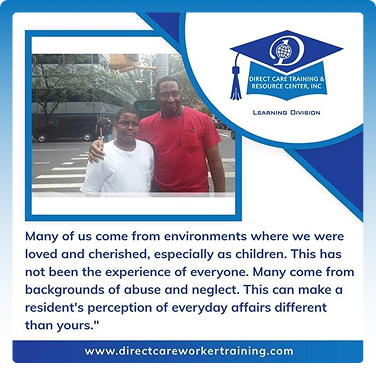
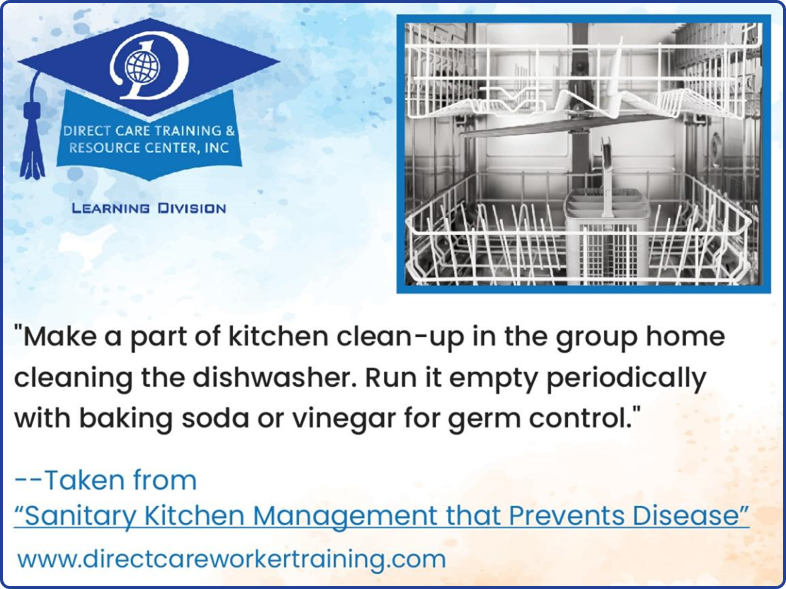
Chapter 11: Sanitary Kitchen Management that Prevents Disease
Important Protocol for Handling Food and Eating Utensils and Kitchen Sanitization
Lesson 11-A: Introduction
Lesson 11-B: Basic Steps to a Clean and Sanitary Kitchen and Food Handling Rules
Lesson 11-C: Instructions for Using Chlorine Bleach
Lesson 11-D: How To Intensely Clean a Kitchen
Lesson 11-E: Sanitary Kitchen Tips for the Home Cook
Lesson 11-F: ***REVIEW QUESTIONS*** Sanitary Kitchen Management that Prevents Disease
Chapter 12: Basic Medication Administration Principles
Lesson 12-A: Introduction
Lesson 12-B: Definition of “Meds” & How to Properly Administer Them
Lesson 12-C: Variation of Handling Meds & Possible Misuse
Lesson 12-D: Learning About Specific Medications
Lesson 12-E: Protecting Yourself & the People You Serve When Administering Medications
Lesson 12-F: Following the Correct System for Medication Administration
Lesson 12-G: Basic Medication Administration & Proper Procedures That MUST be Followed
Lesson 12-H: When Medications Should NOT be Given & Errors That May Occur
Lesson 12-I: Major Routes, Dosage Forms, Storage & PRNs
Lesson 12-J: Leave of Absence & Community Outings
Lesson 12-K: Common Medication Abbreviations
Lesson 12-L: Medication Labels & Documentation Basics
Lesson 12-M: How to Use the Medication Record
Lesson 12-N: Refusal of Medication
Lesson 12-O: Damaged, Contaminated or Discontinued Medications
Lesson 12-P: Medication Administration Education
Lesson 12-Q: General Procedure for Administering Oral Medications
Lesson 12-R: General Procedure for Administering Topical Medications
Lesson 12-S: General Procedure for Administering Eye Drops
Lesson 12-T: General Procedure for Administering Ear Drops
Lesson 12-U: General Procedure for Administering Nose Drops or Spray
Lesson 12-V: General Procedure for Administering Rectal Suppository Medications
Lesson 12-W: General Procedure for Administering Vaginal Medications
Lesson 12-X: The “7 Rights” of Passing Medications
Lesson 12-Y: Michigan Medication Handling Guidelines in Adult Foster Care
Lesson 12-Z: Michigan Home for the Aged Medication Rules
Lesson 12-A-2: ***REVIEW QUESTIONS*** Basic Medication Administration
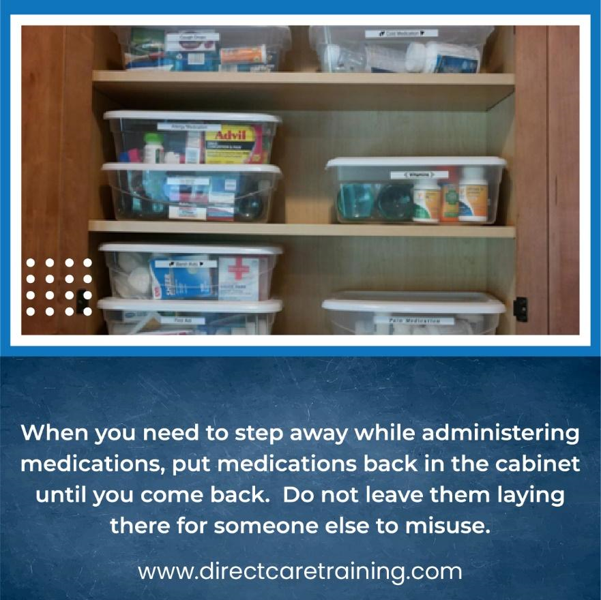
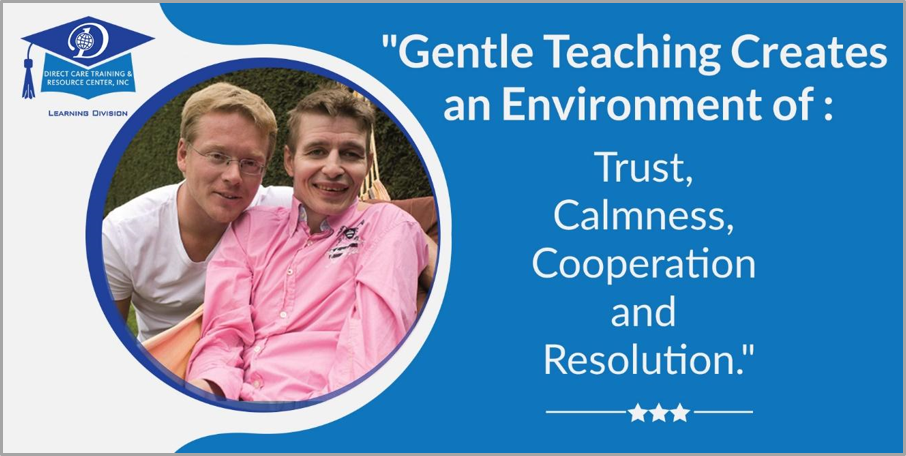
Chapter 13: Person Centered Planning
Working with People Lesson III
Note: Specialized Homes Employees May Have to Also Take This Through Your County Mental Health Authority. Therapeutic Intervention in Crisis Management
Lesson 13-A: Person-Centered Planning Introduction
Lesson 13-B: Major Objectives of This Material
Lesson 13-C: Behavioral Characteristics Associated with Certain Diagnosis
Lesson 13-D: A Case Study
Lesson 13-E: How Everyone Benefits from the Person Centered Approach
Lesson 13-F: Gentle Teaching and De-escalation
Lesson 13-G: 4 Pillars of Gentle Teaching
Lesson 13-H: 4 Tools of Gentle Teaching
Lesson 13-I – The Chapter Review
Chapter 14: Nutrition and Food Service - Nutritional Protocol in Group Living
Licensing Rules and Important Principles Governing Diets and Food
Lesson 14-A: Introduction to Nutrition
Lesson 14-B: Follow Dietary Guidelines
Lesson 14-C: Bone up on Calcium and Fiber
Lesson 14-D: Carbs, Salt, and Sweets
Lesson 14-E: Read Food Labels. How?
Lesson 14-F: Keep a Resident Food Journal
Lesson 14-G: Set Nutrition Oriented Goals
Lesson 14-H: Small Changes in Nutrition Do Matter
Lesson 14-I: Foods to Fight Disease and the Food Pyramid
Lesson 14-J: Make Good Bacteria Your Friend
Lesson 14-K: Serve Fatty Fish and Soy
Lesson 14-L: The Important Role of Water
Lesson 14-M: Advantages of Sea Salt
Lesson 14-N: Nutritional Review Chapter

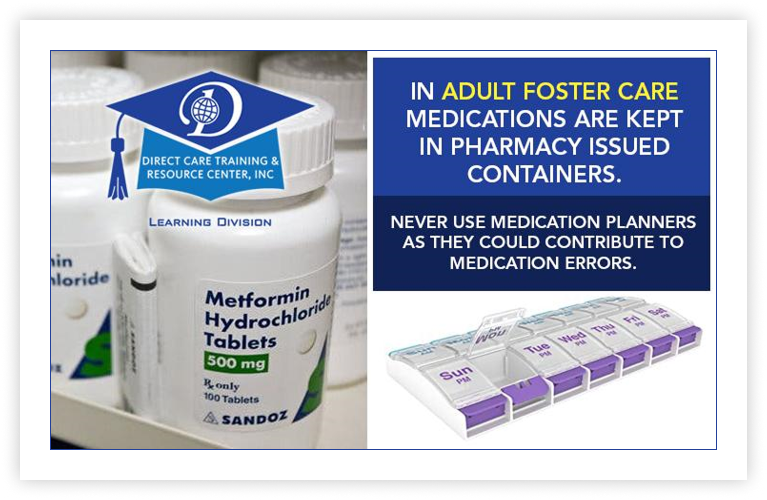
Chapter 15: Advanced Health and Medications
An Expanded Look to Include Systems of the Body
Lesson 15-A: The Introduction and Emergency Medication Administration Practices
Lesson 15-B: The Endocrine System
Lesson 15-C: The Nervous System
Lesson 15-D: The Circulatory System
Lesson 15-E: The Respiratory System
Lesson 15-F: The Digestive System
Lesson 15-G: The Musculoskeletal System
Lesson 15-H: The Urinary System
Lesson 15-I: The Integumentary System
Lesson 15-J: Human Reproductive System
Lesson 15-K: The Advanced Medication Review
Chapter 16: Behavior Management - Prompting, Reminding, Cueing, Observing and Guiding Residents in:
Lesson 16-A: Meal Preparation
Lesson 16-B: Laundry
Lesson 16-C: Routine, Seasonal and Heavy Household Chores
Lesson 16-D: Activities of Daily Living
Lesson 16-E: Money Management
Lesson 16-F: Non-Medical Care: Not Requiring Nurse or Physician Intervention
Lesson 16-G: Socialization and Relationship Building
Lesson 16-H: Transport to Community Activities
Lesson 16-I: Participation in Community Activities
Lesson 16-J: Attendance at Medical Appointments
Lesson 16-K: Acquiring or Procuring Goods
Lesson 16-L: Preserving Health & Safety With Team Assistance
Lesson 16-M: Medication Administration
Lesson 16-N: Review – A Look at What We Have Discussed
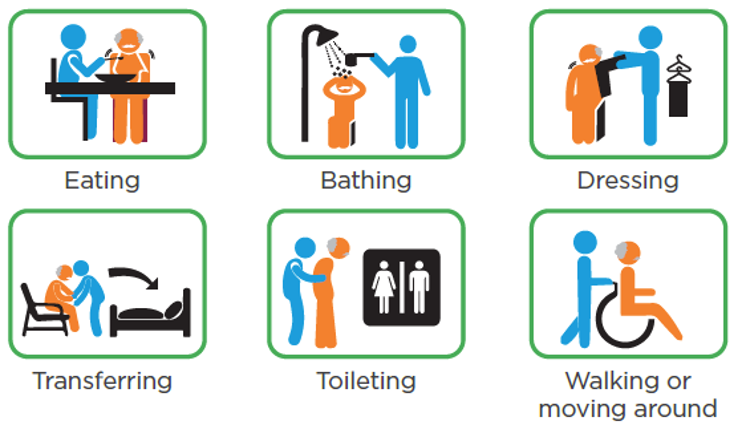
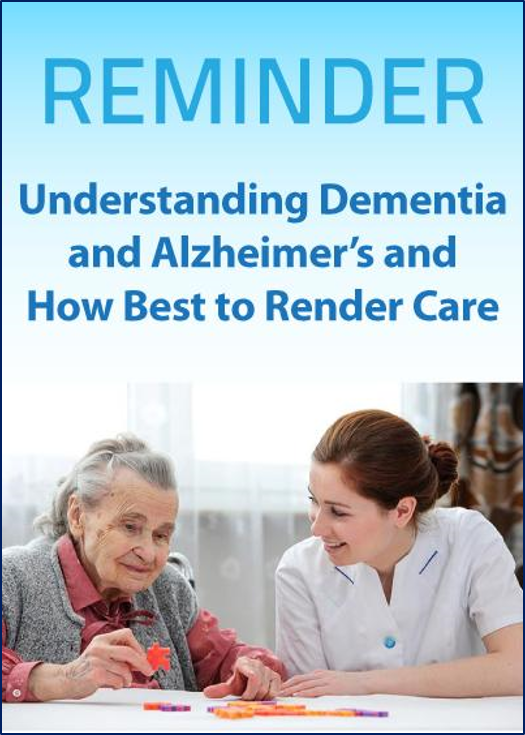
Chapter 17: Varying Levels of Dementia and Alzheimer's Disease
Important Elements for Direct Care Staff and Sundowning Defined
Lesson 17-A: The Definition of Dementia and What is Sundowning?
Lesson 17-B: 10 Early Signs of Alzheimer’s
Lesson 17-C: Improved Communication with the Alzheimer’s Sufferer
Lesson 17-D: Preserving the Dignity of This Population
Lesson 17-E: Alzheimer’s Review Chapter for Students
Chapter 18: Transportation Safety
A Review of Key Elements Associated with Transporting Those You Serve
Lesson 18-A: Credentialing Matters and Getting Them There…
Lesson 18-B: Give Passengers a Reason for Pride
Lesson 18-C: Giving Proper Attention to Important Driving Aspects
Lesson 18-D: Turning Corners
Lesson 18-E: Your View of Seatbelts and Tie Down Safety
Lesson 18-F: Use Lifts and Ramps Correctly
Lesson 18-G: Review – A Look at What We Have Discussed

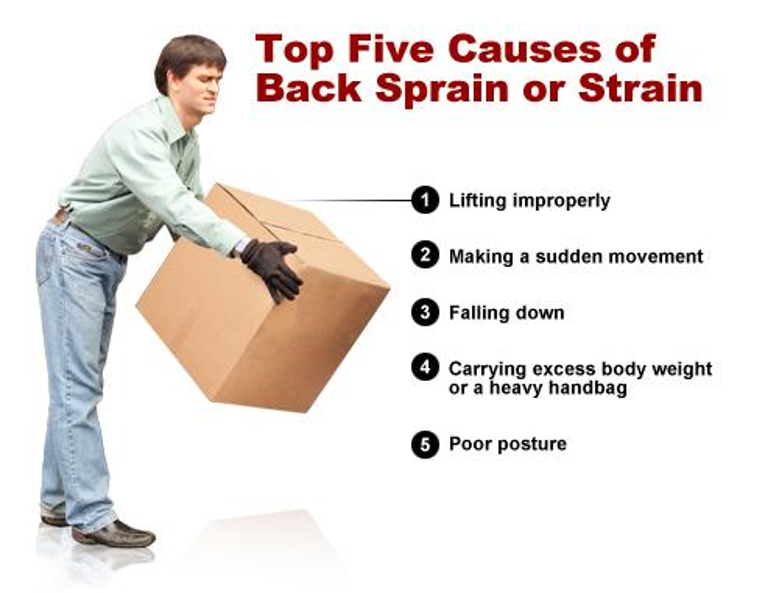
Chapter 19: Safely Moving People
Transfer and Ambulation
Lesson 19-A: Transfer and Ambulation Introduction and Objectives
Lesson 19-B: The Anatomy and Make-Up of the Physical Back
Lesson 19-C: How to Protect Your Back
Lesson 19-D: Meaningful Legislation About Back Injury
Lesson 19-E: Review – A Look at What We Have Discussed
Chapter 20: Due Process: Grievance and Appeals
Recognizing Rights and Managing Complaints
Lesson 20-A: Respecting a Resident’s Right to Voice a Grievance
Lesson 20-B: Understanding and Cooperating with Advance Directives
Lesson 20-C: Due Process and Appeals – Its Meaning and Protective Role
Lesson 20-D: A Review of What We Have Discussed
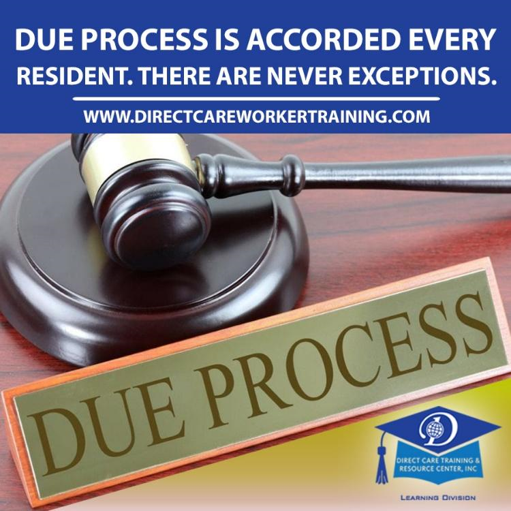

Chapter 21: Crisis Prevention
Non-Violent Crisis Prevention in the Residential Environment. These are refreshers and important reminders for the Direct Care Worker in Group Living Environments. It is by no means a substitute or replacement for mandatory training either online or live conducted using methodology from such organizations such CPI or MOAB.
Lesson 21-A: How Non-Violent is Defined
Lesson 21-B: Appropriate Responses: Bite Release
Lesson 21-C: Appropriate Responses: Being Grabbed in Private Areas
Lesson 21-D: Appropriate Responses: Hair Pulls
Lesson 21-E: Crisis Management Review
Chapter 22: Suicide Awareness
A Look at Suicide Awareness and Prevention
Lesson 22-A: The Ugly Reality of Self Murder
Lesson 22-B: Suicide by the Numbers
Lesson 22-C: The Warning Signs
Lesson 22-D: The Role of Person-Centeredness in
Suicide Awareness
Lesson 22-E: How Can You Further Contribute to Prevention
Lesson 22-F: The Physical Plant and Prevention
Lesson 22-G: Chapter Review: A Look at What We Have Discussed
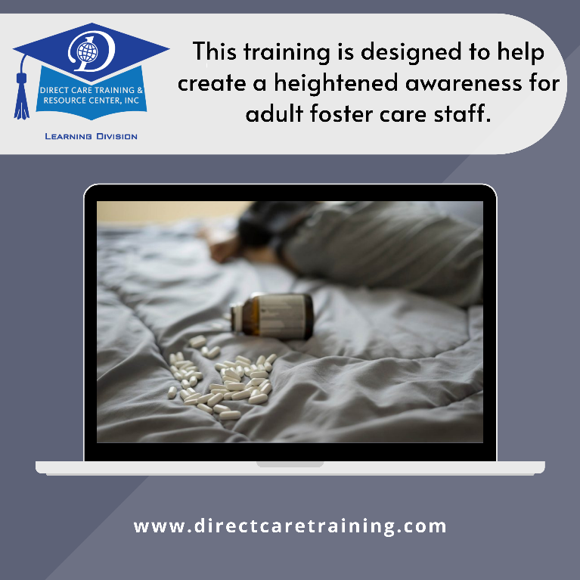
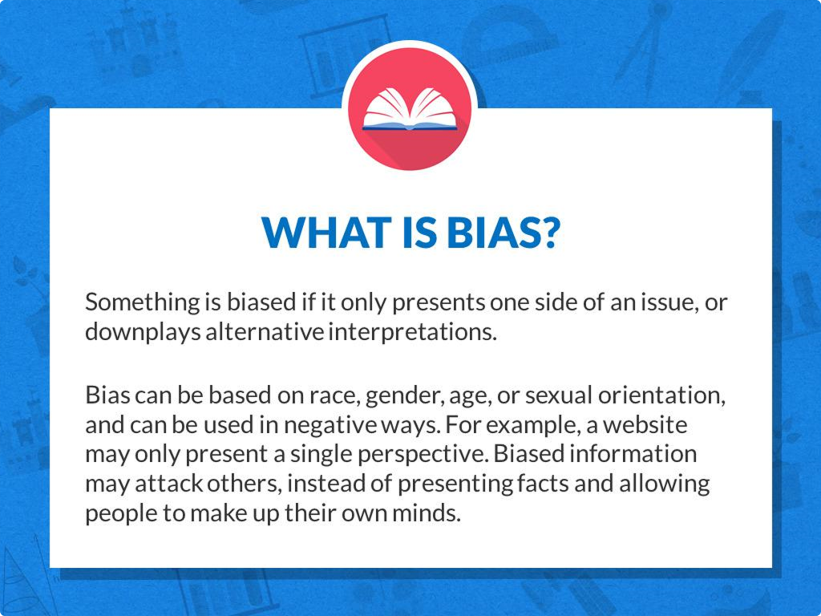
Chapter 23: Implicit Bias - Lessons in Avoiding and Eliminating It...
Lesson 23-A: What is Implicit Bias?
Lesson 23-B: How Does Bias Creep into the Workplace?
Lesson 23-C: The Contributing Mindset
Lesson 23-D: Strategies for Recognizing Bias and Keeping it Out of Healthcare
Lesson 23-E: Chapter Review: A Look at What We Have Discussed
Chapter 24: Special Dynamics of Traumatic Brain Injury, (TBI)
Lesson 24-A: The Definition of Traumatic Brain Injury and Major Causes
Lesson 24-B: How the Condition is Diagnosed
Lesson 24-C: Temporal Lobe Deficits and Cognitive Re-Training in Traumatic Brain Injury
Lesson 24-D: Common Behavioral Characteristics and Other Traits of TBI
Lesson 24-E: What Causes Mood Changes After TBI?
Lesson 24-F: The Issue of Anxiety
Lesson 24-G: Depression
Lesson 24-H: Addressing These Emotional Concerns
Lesson 24-I: The Road to Recovery and its Many Twists
Lesson 24-J: Special Clinical and Behavioral Interventions
Lesson 24-K: Chapter Review: A Look at What We Have Discussed
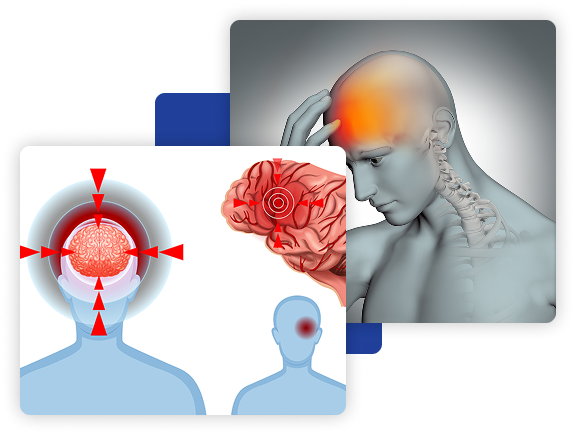
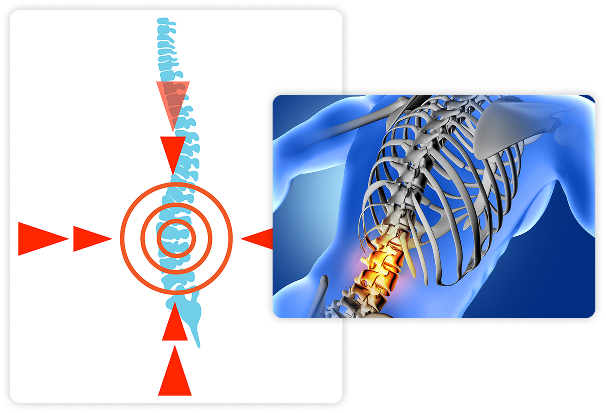
Chapter 25: Special Dynamics of Spinal Cord Injury, (SCI)
Lesson 25-A: What is the Spinal Cord and Spinal Cord Injury, (SCI)
Lesson 25-B: Caring for Someone with a Spinal Cord Injury
Lesson 25-C: Chapter Review: A Look at What We Have Discussed
Chapter 26: Understanding the Value and Applying the Right Ergonomics in Residential Care
Lesson 26-A: Understanding that Value…
Lesson 26-B: The Primary Ergonomics Application
Lesson 26-C: The Value of Ergonomics in Residential Care
Lesson 26-D: Ensuring Safe Ergonomics in Residential Care Facilities
Lesson 26-E: Summary and Conclusion…
Lesson 26-F: Course Review – A Look at What We Have Discussed
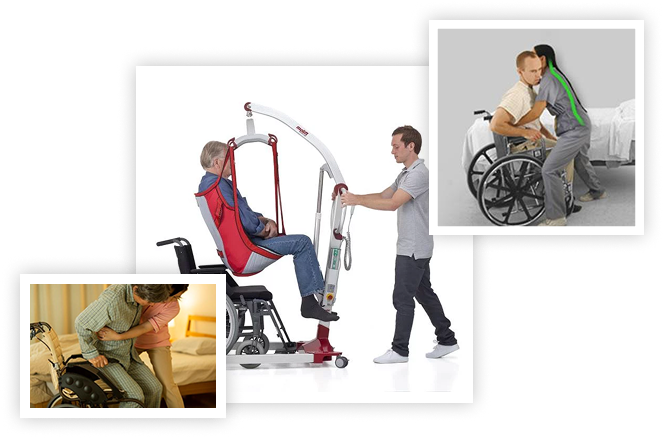

Chapter 27: Trauma Informed Care
Lesson 27-A: A Special Introduction…
Lesson 27-B: Welcome to an Important Aspect of Care Delivery
Lesson 27-C: Dangers When Trauma Informed Care is Not Taught and Applied
Lesson 27-D: Key Principles of Trauma Informed Care
Lesson 27-E: Understanding and Recognizing Trauma Among Those in Residential Settings
Lesson 27-F: Trauma Informed Care in Relation to Natural Disasters
Lesson 27-G: Trauma Informed Care in Relation to Sexual Abuse
Lesson 27-H: Trauma Informed Care in Relation to Community Violence
Lesson 27-I: Trauma Informed Care in Relation to Loss and Grief
Lesson 27-J: Course Review – A Look at What We Have Discussed
Congratulations on Completing Your Training!
Questions???
An approved training center for the Emergency Care & Safety Institute
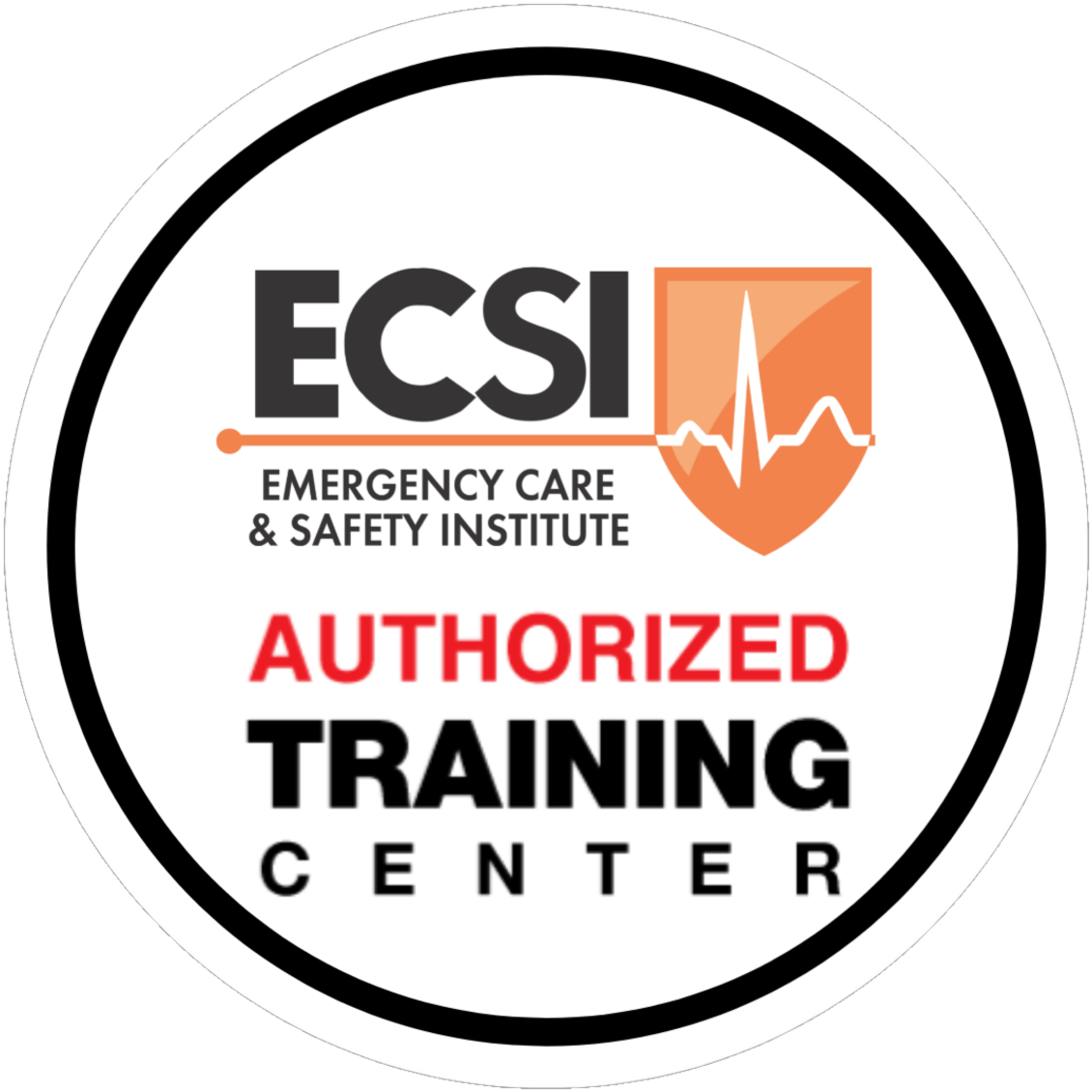
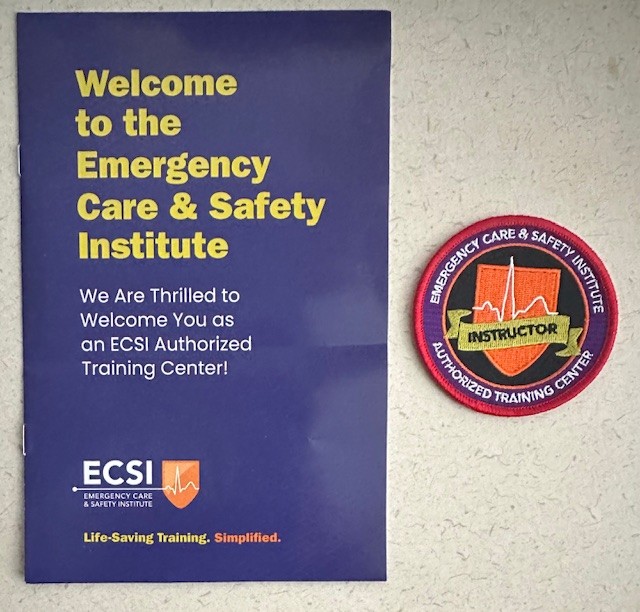
NABWEB Approved CEU Provider

Note: If you are an organization that oversees care in licensed homes, i.e. community mental health, county managed mental health authority or Medicaid waiver agent and would like to discuss a system wide subscription arrangement or a private label arrangements wherein we would assist in developing your own internal training mechanism, please request a chat via email to: onlinelearning@directcaretraining.com.


